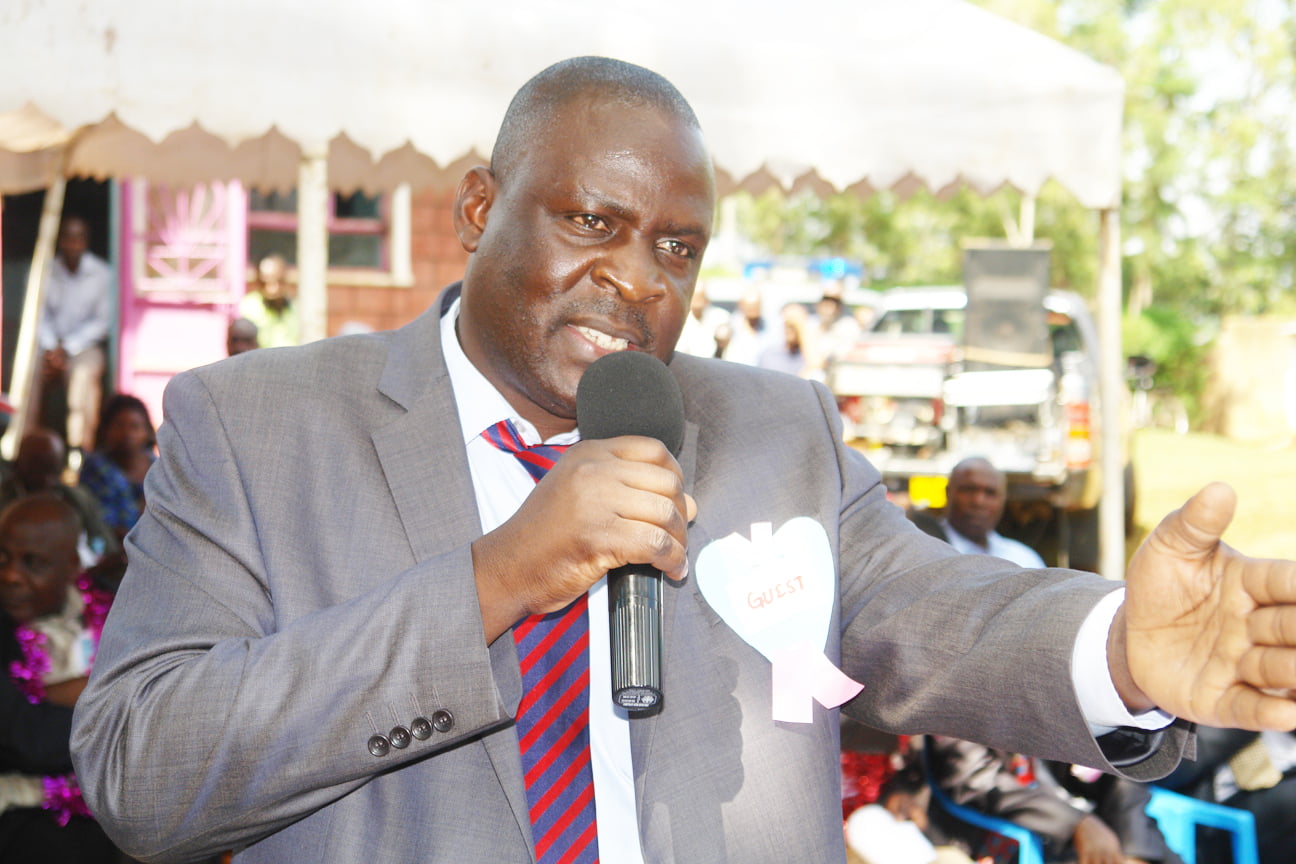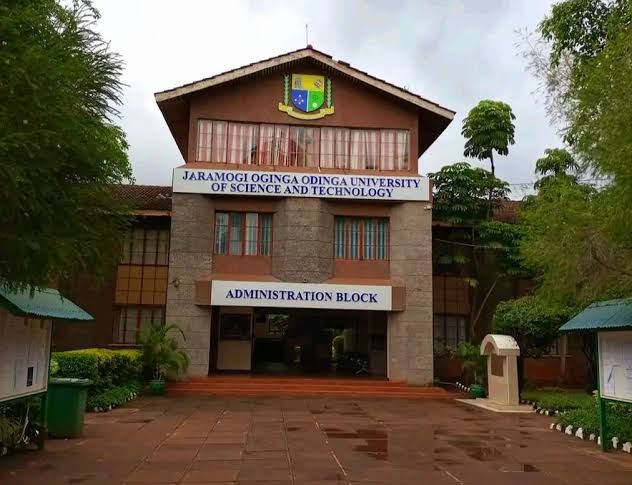By Hilton Mwabili
When schools were closed to avert the spread of the Covid-19 in March 2020, a wave of teenage pregnancies was widely reported across the country, amidst concerns that lockdown conditions might have triggered the situation.
Pedophiles on the prowl were blamed for allegedly turning to teenage girls in villages and towns as it emerged that homes are increasingly becoming unsafe for children, a complete departure from the safe havens that they are perceived to be.
With girls within the confines of their homes, it suffices to conclude that their safety is guaranteed considering they are under the care of their parents.
It was, however, not the case as behind the scenes, these children had to contend with the agony and risk of sexual predators prowling villages and towns across the country, wreaking havoc on any teen that comes their way with high-end impunity.
Mombasa human rights lobby Haki Africa in a new report titled State of Human Rights During Covid-19 pandemic, established that during lockdowns there was the negation of human rights and limitation of fundamental freedom as most victims, especially those of sexual violence, were unable to report some of the cases due to restricted movement.
“Most of the sexual violence cases were committed at night and the victims were not able to go out to report the cases to relevant authorities due to curfew restrictions… unfortunately some of these atrocities are targeted on children,” Haki Africa executive director Hussein Khalid said during the launch of the report.
In his Jamhuri day speech, President Uhuru Kenyatta directed the Ministry of Education to “re-issue and publicize the education policy on school re-entry to facilitate the re-admission of all of those who may not be able to report due to pregnancy.”
In view of the President’s directive, with less than 20 days to re-opening of schools, authorities in various counties are now racing against time as the moot plans to usher in teen mothers to school ahead of the January 4, reopening.
In Taita Taveta County where 1,243 cases of teen pregnancies were recorded between January and June according to data compiled by Sauti ya Wanawake, County Director of Education Simon Wanjohi said sensitization meetings are going as schools prepare for the reopening.
“As we prepare for the reopening, we have had meetings with officials from the ministry and we have been sensitized on what to do. Right now we are cascading the sensitization through programs to our officials and stakeholders in other levels on how to handle the young mothers ahead of the reopening,” Wanjohi said in an interview with Education News.
Already, he said National Government Administrative Officials (NGAO)s at all the levels of administration have been approached to team up with the education team in locating the teenage girls wherever they are to ensure they don’t miss out in the anticipated reopening.
He, however, said currently there are no updated statistics on the number of teen mothers expected in schools.
“So far there are no statistics yet but we are expecting there is the likelihood that there are several of them. We are going to team up with all the stakeholders in a multisectoral approach to ensure that no girl is left out…we have talked to principals and parents and advised them to ensure that the girls are made comfortable at school through elaborate counseling programs,” he said adding that the ministry has already given out a manual.
But even as the government strives to restore the confidence of the terrorized innocence of the teenagers by ensuring they are back to school, a veteran Chief in Mombasa said it is important to ensure that the major root cause of the problem is addressed once and for all.
The chief believes without addressing moral decay in the society, all the interventions will be a wild goose chase.
And in an interesting twist, the administrator says the issue of moral decay in society is beyond teenage pregnancies resulting from incest alone, revealing that there are silent cases of women defiling their underage sons.
“Yes we are going to help the government locate the pregnant school girls but that will not solve the problem so long as the community keeps encouraging the rot. Where I live, for example, there is a family where a mother shares the same mattress with two sons and two daughters. Now these people sleep in darkness and at times both the mother and the children come home in a drunken stupor and the rest is history,” explained the Chief.
On his part, Mombasa County Children’s Officer Philip Nzenge said capacity building meetings bringing on board all stakeholders have been conducted passing a clear message that the young mothers must be accorded their right to education.
He however insisted on the need to work towards unmasking the culprit behind the rising cases with the view of preventing the cases from happening.
“There is a need to work very closely with authorities, teachers, parents and even students in a holistic approach to ensure that the child is protected,” the officers said while warning that recent trends have revealed that uncontrolled internet has increasingly been exposing children to pedophiles.
According to Nzenge, there is evidence that some of the culprits responsible for deflowering girls in Mombasa come from as far as Nairobi, while others are even foreigners.
“Even as we introduce our kids to the internet and virtual learning there is a high need to be extra cautious of what they consume from the internet. We have realized that children are being exposed to social media and some of these dating sites where they meet people with but intention who entice them to plan and execute evil things that result in pregnancy,” the officer said.
Communication Authority of Kenya (CAK) recognizes that children are a vulnerable group and there have been many cases of children unknowingly getting into dangerous situations that sometimes have detrimental effects to them.
According to CAK, Protecting children online is a global problem that requires concerted efforts of parents, guardians, the government and organizations that focus on children, among others.
The Child Online Protection law binds parents to ensure their children are protected in cyberspace.
Children’s Act No.8 of 2001 makes provision for parental responsibility, fostering, adoption, custody, maintenance, guardianship, care and protection of children. This provision extends to protecting children in cyberspace.
Figures compiled by the organization which partners with the Centre for Rights Education and Awareness (CREAW Kenya) revealed a total of 154 cases of teenage pregnancies were recorded in Ganze Sub County alone between the period of March and April.
The organization terms the above statistics as disturbing considering the cases are emerging at a time when children are at home with their parents as schools remain closed as part of the government’s Covid-19 containment measures.
While the problem of education and teen pregnancies may have been exacerbated by the government’s closure of schools to curb the spread of coronavirus, it is not a new problem in Kenya.
In 2018 Kilifi County was in the news after a report by the Children’s Affairs Department indicated that 13,624 teenagers aged between15 to 19, got pregnant.
According to the United Nations Children’s Fund (Unicef), Kenya has the 20th highest absolute number of child brides in the world at 527,000.
Reports also indicate that 23 percent of Kenyan girls are married before their 18th birthday and four percent before the age of 15.






